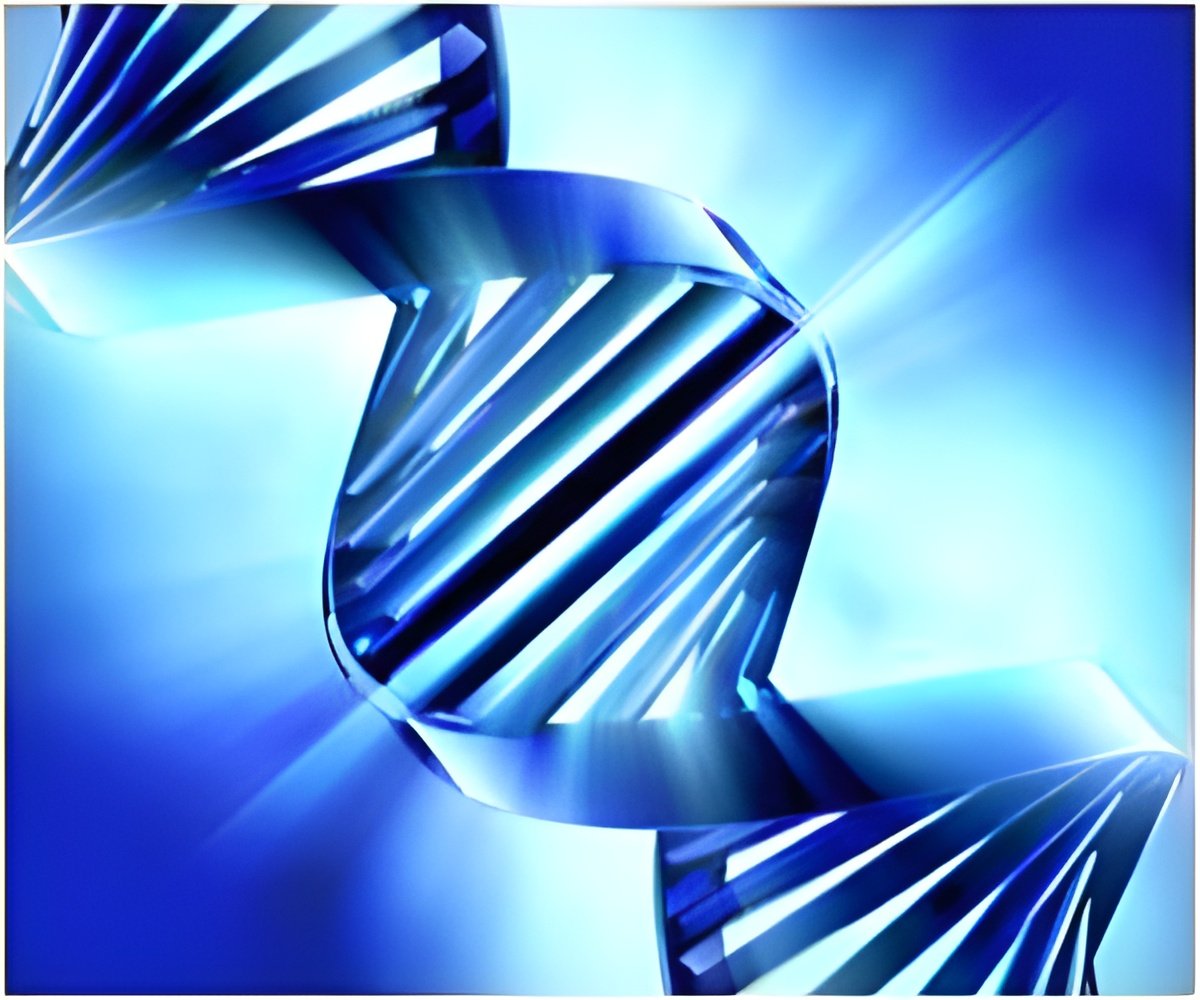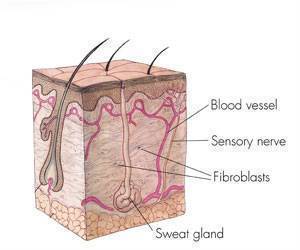University of Montreal researchers have identified 3 genes that contribute to abnormal growth.

"As a result of the Human Genome Project, we know the basic identity of essentially all the genes in the human body, but we don't automatically know what they do in detail," explained lead researcher Dr. Mark Samuels.
"Working with people who have specific health or development problems linked to specific genes enables us to see how those genes contribute to our bodies' development and functioning."
The genes are called ORC1L, ORC4L and CDT1, and are known to play a critical role in correct copying of DNA.
In patients with the rare genetic disorder MGS (Meier-Gorlin Syndrome), different patients surprisingly seem to carry mutations in any of three different genes.
"This seems to be the first example of any naturally occurring, inherited mutations identified in this set of important regulatory genes in any mammal.
Advertisement
"Understanding rare genetic conditions like MGS is important to the general public for two reasons," Samuels said.
Advertisement
These findings were published in the same issue of Nature Genetics.
Source-ANI










